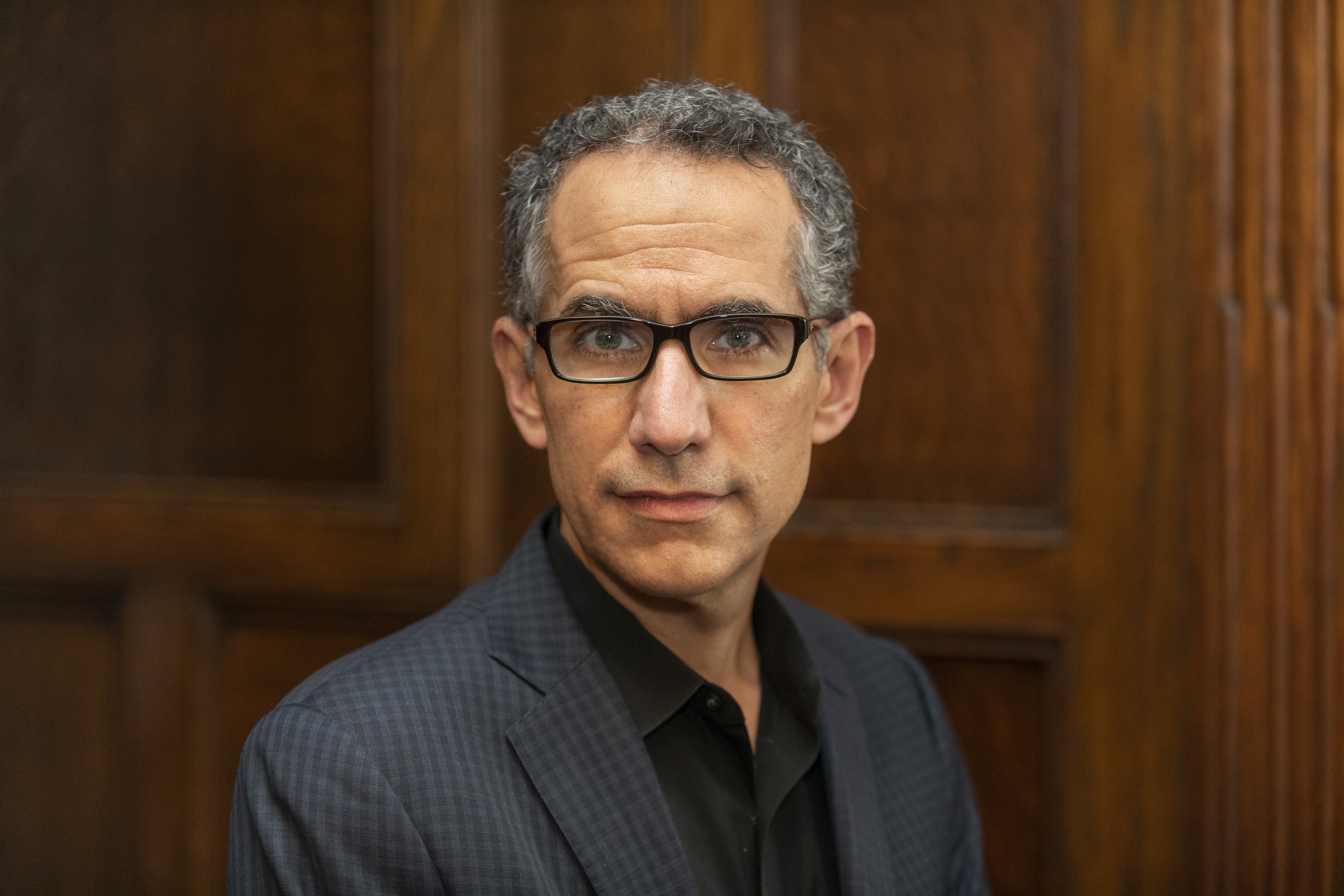
Rossi-Hansberg considers the spatial properties of economic growth in terms of both the within-country and international dynamics of the spatial organization of economic activity. His 2018 Journal of Political Economy paper, The Geography of Development, offers a novel framework incorporating the barriers that impede workers from migrating, and distinguishing positive reasons for staying in place from barriers to leaving. His contributions to the study of international trade are equally significant.
In addition to these lines of research, Rossi-Hansberg has made important contributions to the study of organizations, with a focus on variations in knowledge in organizational hierarchies and the implications of knowledge asymmetries for labor economics and international trade.
He is an elected fellow of the Econometric Society and has received the August Lösch Prize, and the Geoffrey J. D. Hewings Award, among others. Previously the Theodore A. Wells Professor of Economics at Princeton University, he joined UChicago in July 2021. He is an alumnus of the University of Chicago, having earned his doctorate in economics in 2002 under the advising of Nobel laureate Robert Lucas.
Read more about Professor Rossi-Hansberg here.
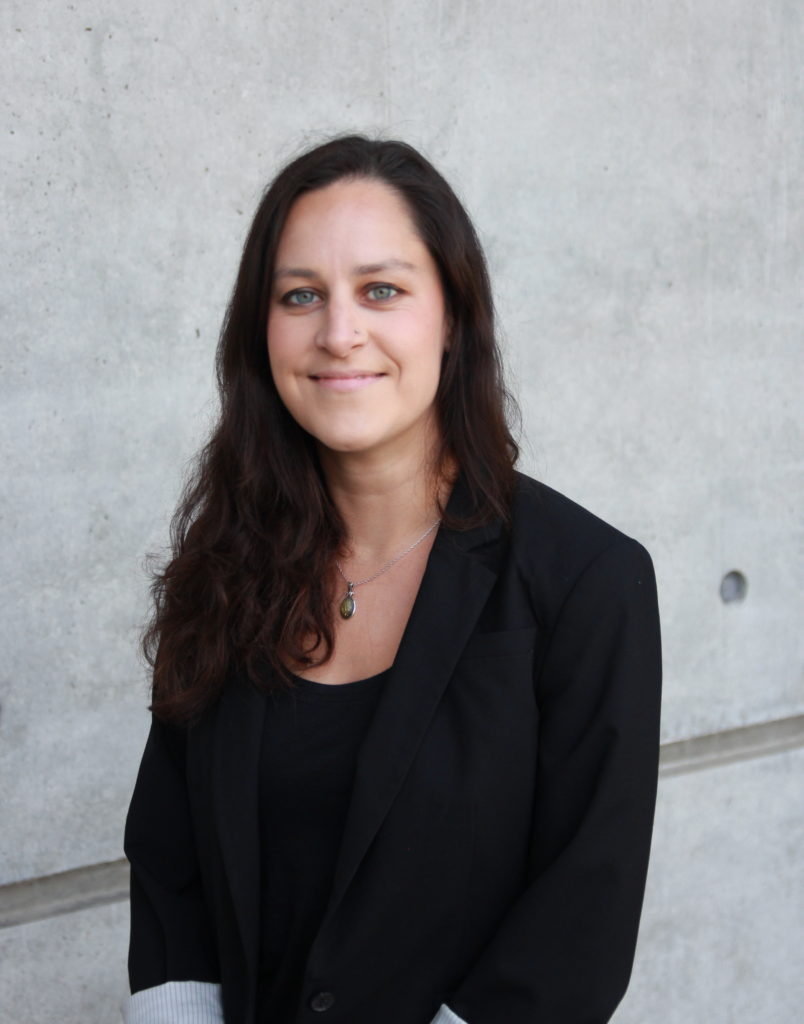
Professor Chatterjee’s research interests lie in political economy, energy history, and comparative environmental politics, primarily focusing on India. Read more about her work here.
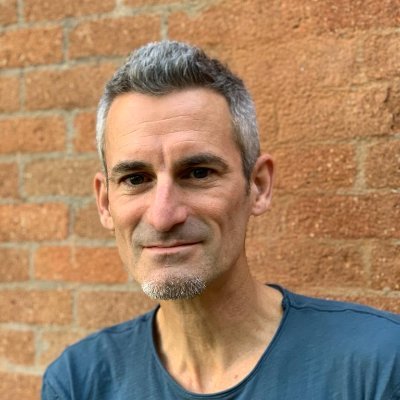
Professor Brenner is a critical urban theorist, sociologist and geographer whose research focuses on cities and urbanization within the social sciences, the environmental humanities, the design disciplines and environmental studies.
Read more about his work here.
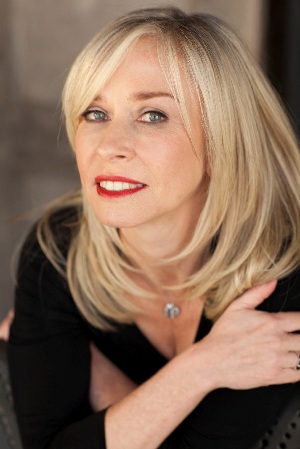
Professor Wedeen's publications include two books: Ambiguities of Domination: Politics, Rhetoric, and Symbols in Contemporary Syria (1999; with a new preface, 2015) and Peripheral Visions: Publics, Power and Performance in Yemen (2008). Among her articles are the following: “Conceptualizing ‘Culture’: Possibilities for Political Science” (2002); “Concepts and Commitments in the Study of Democracy” (2004), “Ethnography as an Interpretive Enterprise” (2009), “Reflections on Ethnographic Work in Political Science” (2010), “Ideology and Humor in Dark Times: Notes from Syria” (2013), and “Scientific Knowledge, Liberalism, and Empire: American Political Science in the Modern Middle East” (2016).
Read more about Professor Wedeen here.
Professor Vargas' research examines how laws, politics, and bureaucracies shape the conditions of cities, with a particular focus on violence and health care. Read more about his work here.
His portfolio focuses on graduate education, working with students, departments, the dean of students' team, and broader partners across campus to strengthen and sustain graduate programs in SSD.
Read more about Professor Vargas here.
Professor Talen's research is devoted to urban design and urbanism, especially the relationship between the built environment and social equity. Read more about her work here.
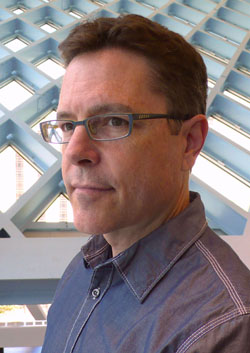
Working at the intersection of science studies, environmental studies, media studies, and social theory, Professor Masco's scholarship examines the material, affective, and conceptual effects of technological revolution. Read more about his work here.
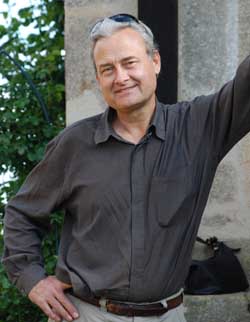
Professor Kolata's recent research interests include comparative work on agroecological systems, human-environment interactions, the human dimension of global change, agricultural and rural development, and archaeology and ethnohistory, particularly in the Andean region.
Read more about Professor Kolata here.
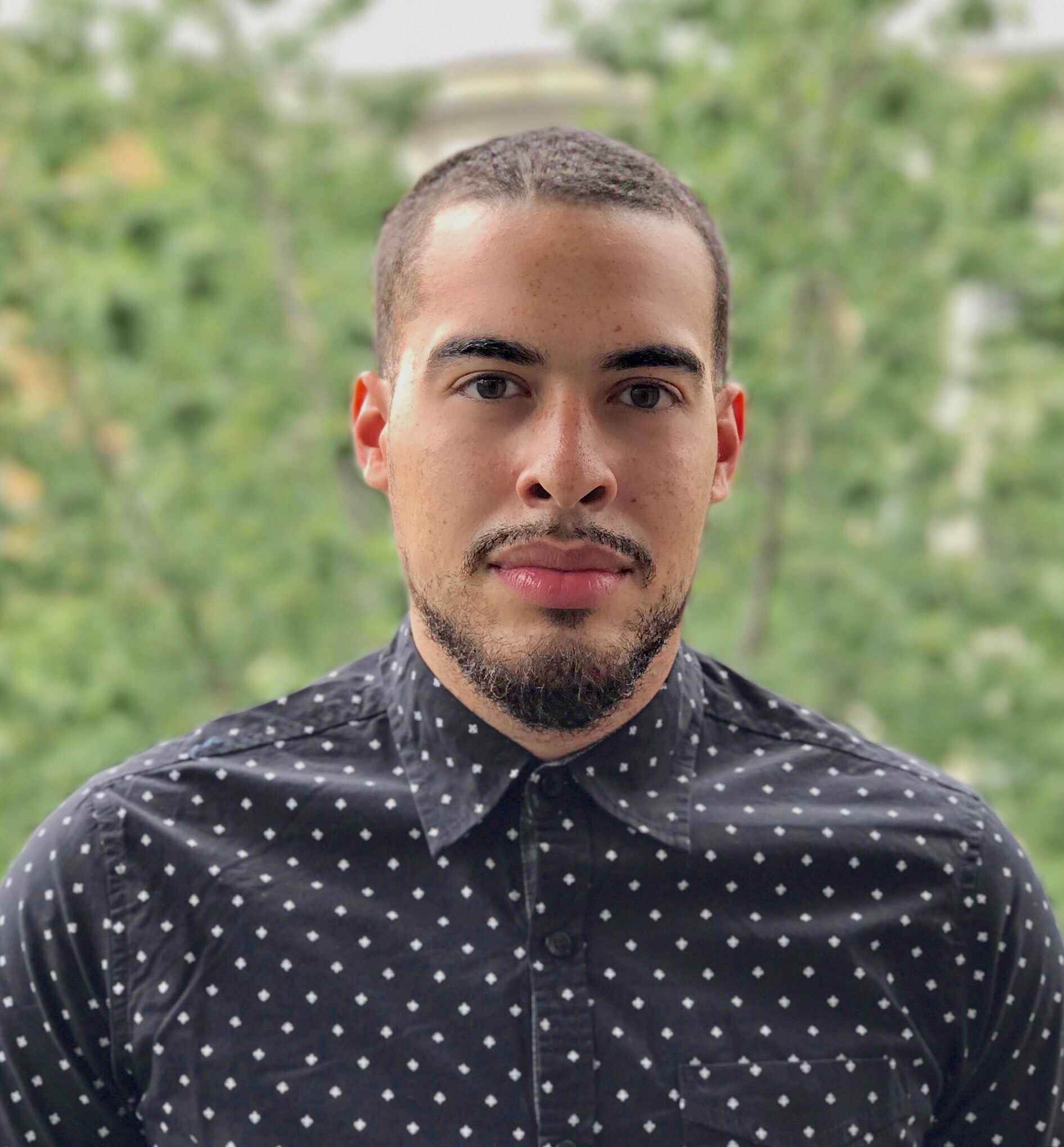
Professor Jobson is a social scientist and Caribbean cultural critic trained in anthropology and African American Studies. His research and teaching engage issues of energy and extractive resource development, technology and infrastructure, states and sovereignty, and histories of racial capitalism in the colonial and postcolonial Americas. Broadly, his research examines the relationship between modern energy regimes (i.e. plantation slavery, carbon-based fuels) and the modern political ideal of sovereignty.
Read more about Professor Jobson here.
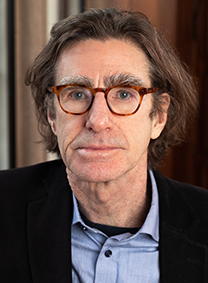
Professor Herrigel is interested in comparative political economy, organizations and alternative forms of governance throughout the developed and developing world. Read more about his work here.
